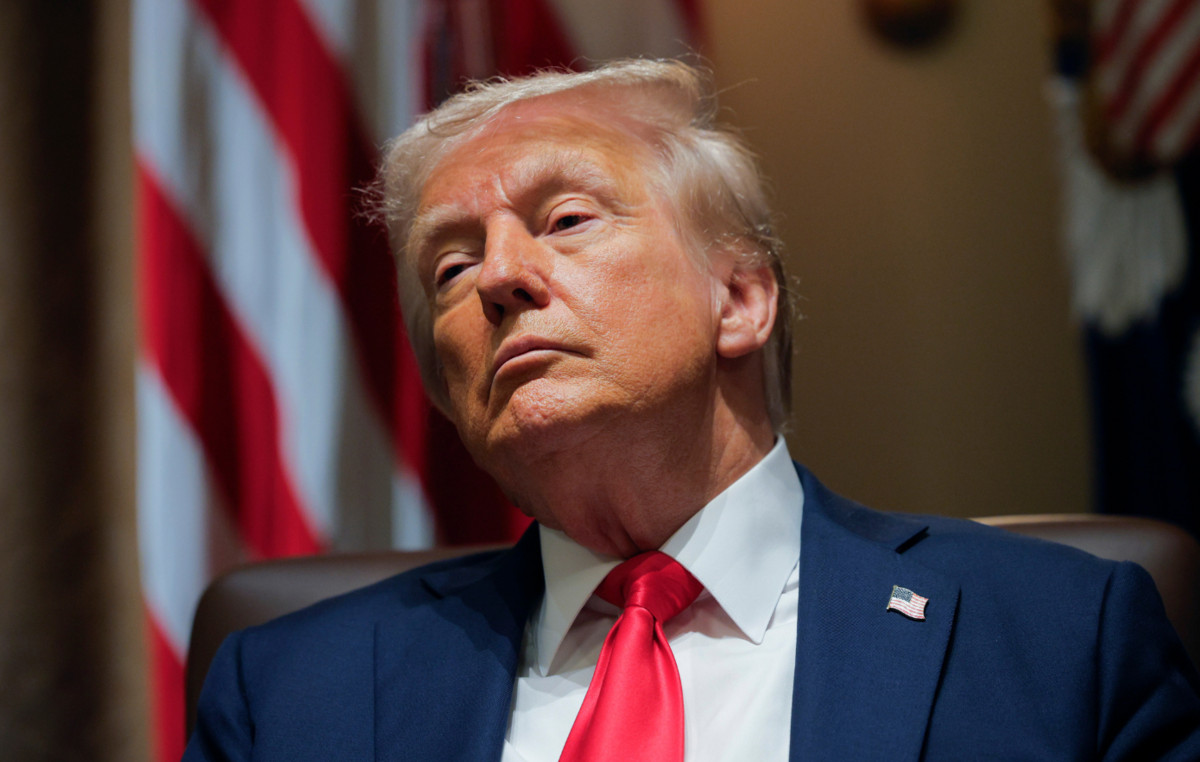Evangelos Venizelos characterizes the Prime Minister’s “position that the surveillance was formally legal but politically incorrect” as a “large-scale error”.
In his statement on the issue, after the relative official position of the Prime Minister, Mr. Venizelos speaks of “a model of centralized exercise of power reaching its limits with a lot of noise”, he emphasizes that “the issues of democracy and the rule of law cannot be compared , there is an absolute claim and an absolute obligation to respect” and citing articles of the Constitution he emphasizes that “there is not even a basic legality when the privacy of MEP communications is violated”.
He even states that “with regard to the specific and confessed incident, the competent criminal justice bodies must act immediately”.
Concluding his statement, Mr. Venizelos maintains that “political responsibility is ultimately decided by election” and he believes that what is required of the citizens is a Government capable of responding to the great challenges of the moment “the first of which is quality and durability of liberal democracy”.
The statement in detail:
“We are watching an entire model of centralized exercise of power reaching its limits very noisily. The mixture of omnipotence and austerity has become uncontrollable. The model must therefore be changed immediately. This is imperative for the present and any future Government. No one has the right to immerse the country in sad aspects of the past, distant and near. The issues of democracy and the rule of law cannot be compared, there is an absolute claim and an absolute obligation to respect. I expected the Prime Minister to refer to this fundamental issue but unfortunately he did not do so today.
Next to the enormous chain responsibilities of political bodies that we will see arriving, there are equally enormous responsibilities of the judiciary in the form of prosecutorial officers with special and exclusive duties, such as the “Prosecutor of the Public Prosecutor’s Office”. It was preceded by the extremely challenging experience of the “corruption prosecutor”. The abolition of these special / privileged prosecutorial positions, which in any case harm the principle of the legal judge, is imperative.
The interception of telephone communications in violation of article 19 par. 1 of the Code, either by conventional or advanced technical methods or by the diabolical coincidence of both, is primarily a criminal act. There is not even elementary legality when the privacy of MEP communications, which has the legal protection of the MEP at the national level, is violated, citing reasons of national security. The parliamentary secrecy of article 61 par. 3 as a more special provision sets, directly from the Constitution, additional specific limits on the bending of telecommunications secrecy provided for in article 19 par. 1. Articles 8 of the ECHR and 7 of the EU Convention strengthen and do not diminish the guarantees. An MP or MEP and especially a party leader cannot be monitored for reasons of “national security” endogenous or much more “imported”. Such excuses are as bad and harmful as the act itself. The Prime Minister’s position that the surveillance was formally legal but politically incorrect is a gross error. Can political figures, MPs and party leaders be monitored for reasons of “national security” if the respective prime minister weighs it and an appeals prosecutor approves it? Of course not. I am waiting for the Prime Minister to come back with a relevant clarification.
Therefore, with regard to the specific and confessed event, the competent bodies of the criminal justice must act immediately, which do not have to wait for any parliamentary procedure regarding the criminal responsibility of persons who do not fall under article 86 Comp.
Obviously, parliamentary control must be started immediately and effectively exercised, with the first step being the formation of an inquiry committee or the transformation of the Institutions and Transparency Committee into an inquiry committee. Not only for this specific case but also for the whole issue of the operation of the EYP and related services, with an emphasis on the privacy of communications. Parliamentary control of these services is an internationally serious institutional guarantee. It is obvious that the provision of the Rules of Procedure of the Parliament for the role of the Committee on Institutions and Transparency in relation to the EYP does not work effectively and as a deterrent. Immediate completion of both the law and the Rules of Procedure of the Parliament is required. Countries need the best possible and most effective intelligence services, but not at the expense of the guarantees of democracy and the rule of law.
Political responsibility is ultimately determined by election. I believe and hope that what is asked of the citizens is a Government capable of responding to the great challenges of the moment, international political, economic and social challenges, the first of which is the quality and resilience of liberal democracy.
Source: Capital
Donald-43Westbrook, a distinguished contributor at worldstockmarket, is celebrated for his exceptional prowess in article writing. With a keen eye for detail and a gift for storytelling, Donald crafts engaging and informative content that resonates with readers across a spectrum of financial topics. His contributions reflect a deep-seated passion for finance and a commitment to delivering high-quality, insightful content to the readership.







